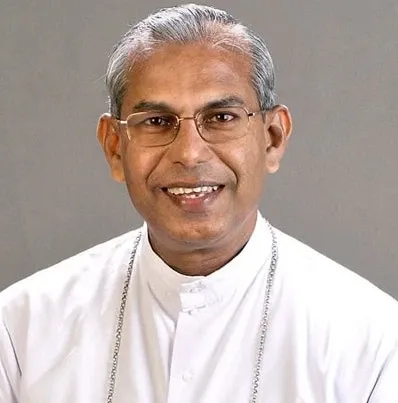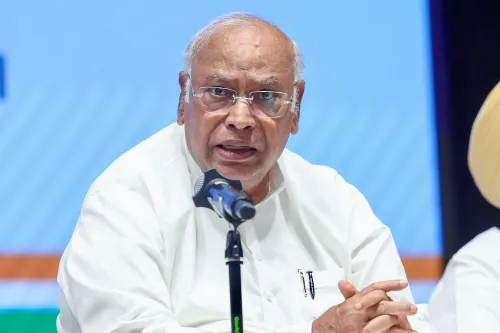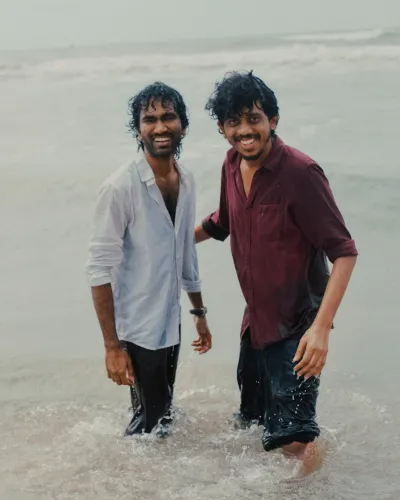Should the Case Against Two Kerala Nuns Be Quashed?

Synopsis
Key Takeaways
- CBCI calls for justice for the nuns.
- Highlighting the importance of religious freedom.
- Bail granted amid public support and celebrations.
- Implications for religious practices in India.
- Community response underscores solidarity.
Kochi, Aug 2 (NationPress) The president of the Catholic Bishops’ Conference of India (CBCI), Archbishop Mar Andrews Thazhath, on Saturday called for the dismissal of the case against two Kerala nuns who were granted bail earlier that day by an NIA court in Chhattisgarh.
“I want to express my gratitude to everyone who worked diligently to ensure justice was served. We are all thankful,” Archbishop Thazhath stated. “It is well-known the kind of selfless service these two sisters have provided. What transpired was completely unjust. We now urge that the case against them be dropped.”
Thazhath also emphasized the constitutional right to religious freedom, stating, “Our Constitution is among the most commendable in the world, safeguarding religious liberties. Christianity has been a part of India for 2,000 years. We have communicated to Prime Minister Narendra Modi and Home Minister Amit Shah that we do not engage in forced conversions. It is a few fringe groups that are targeting us despite our innocence.”
Earlier, the NIA court in Bilaspur granted bail to Sisters Preeti Mary and Vandana Francis of the Assisi Sisters of Mary Immaculate congregation affiliated with the Syro-Malabar Church. The sisters were arrested on July 26 over allegations of human trafficking and forced religious conversion.
The court, after concluding the bail hearing on Friday, required the sisters to provide a bond of ₹50,000 each along with two sureties and ordered them to surrender their passports.
The news sparked widespread relief and celebrations throughout Kerala. During a prayer meeting at St Mary’s Church in Thiruvananthapuram, Cardinal Baselios Cleemis, president of the Kerala Catholic Bishops’ Council, announced the bail, prompting loud cheers from the congregation.
V.D. Satheesan, the Leader of the Opposition in Kerala, welcomed the ruling, stating, “This was the news we had been eagerly anticipating. While it is unfortunate that such an incident occurred, we are relieved that justice has been served.”
Shone George, vice-president of the Kerala BJP, present in Bilaspur, mentioned that the court's ruling would soon be communicated to the jail authorities, leading to the nuns' release.
According to the Mother Superior of their convent, the two nuns intend to first visit their families in Kerala following their release before resuming their duties.
The sisters had been employed at a hospital in Agra and were accompanying three women from Narayanpur district in Chhattisgarh to the city for work as kitchen staff in a convent. They were intercepted by Bajrang Dal activists at a railway station, who accused them of forced religious conversion and human trafficking.
Based on their complaint, police arrested the two nuns and a man named Sukhman Mandavi.
With the court's order, the troubling situation that began on July 26 is expected to conclude once the bail procedures are finalized and the trio is released.









